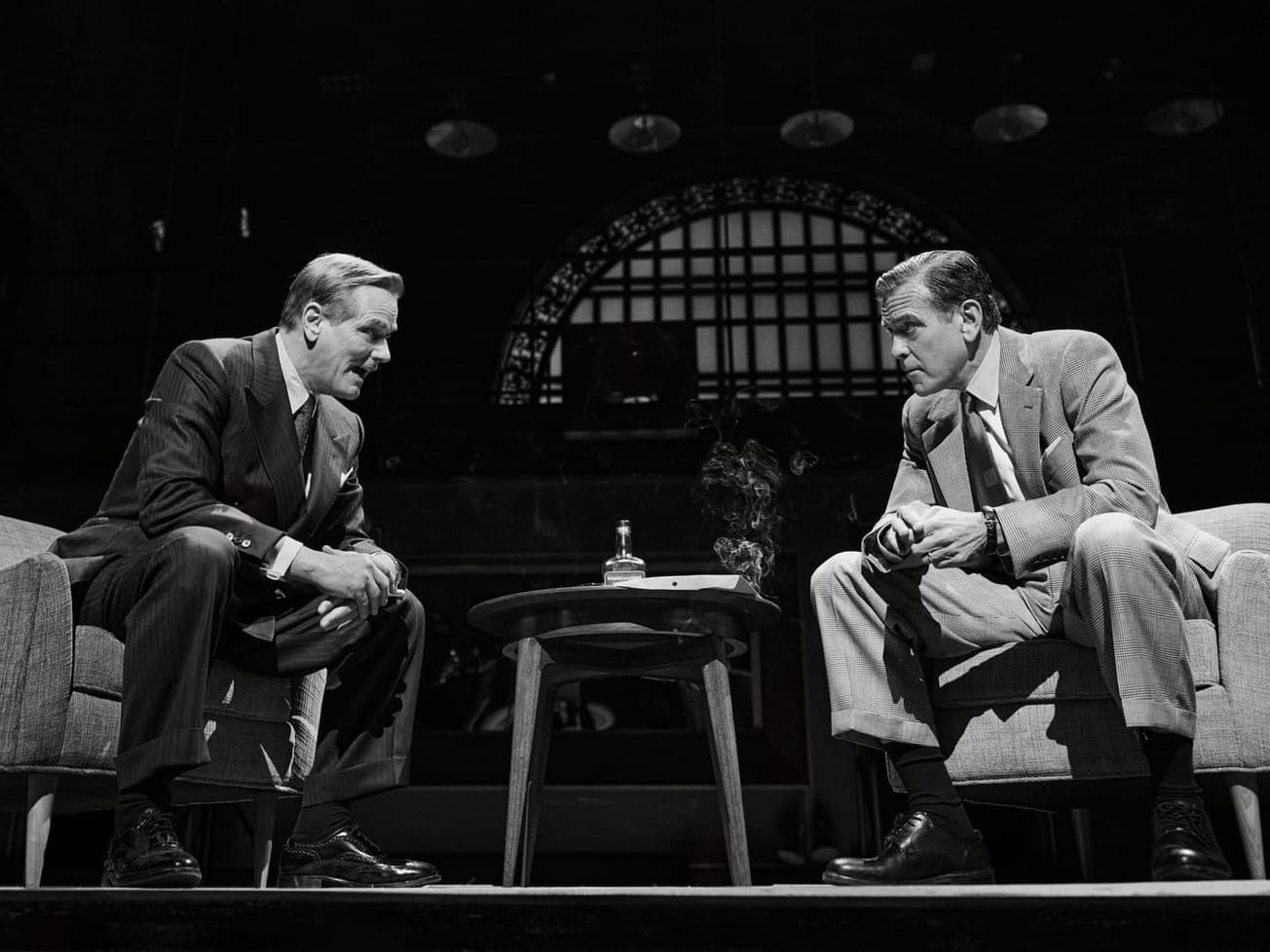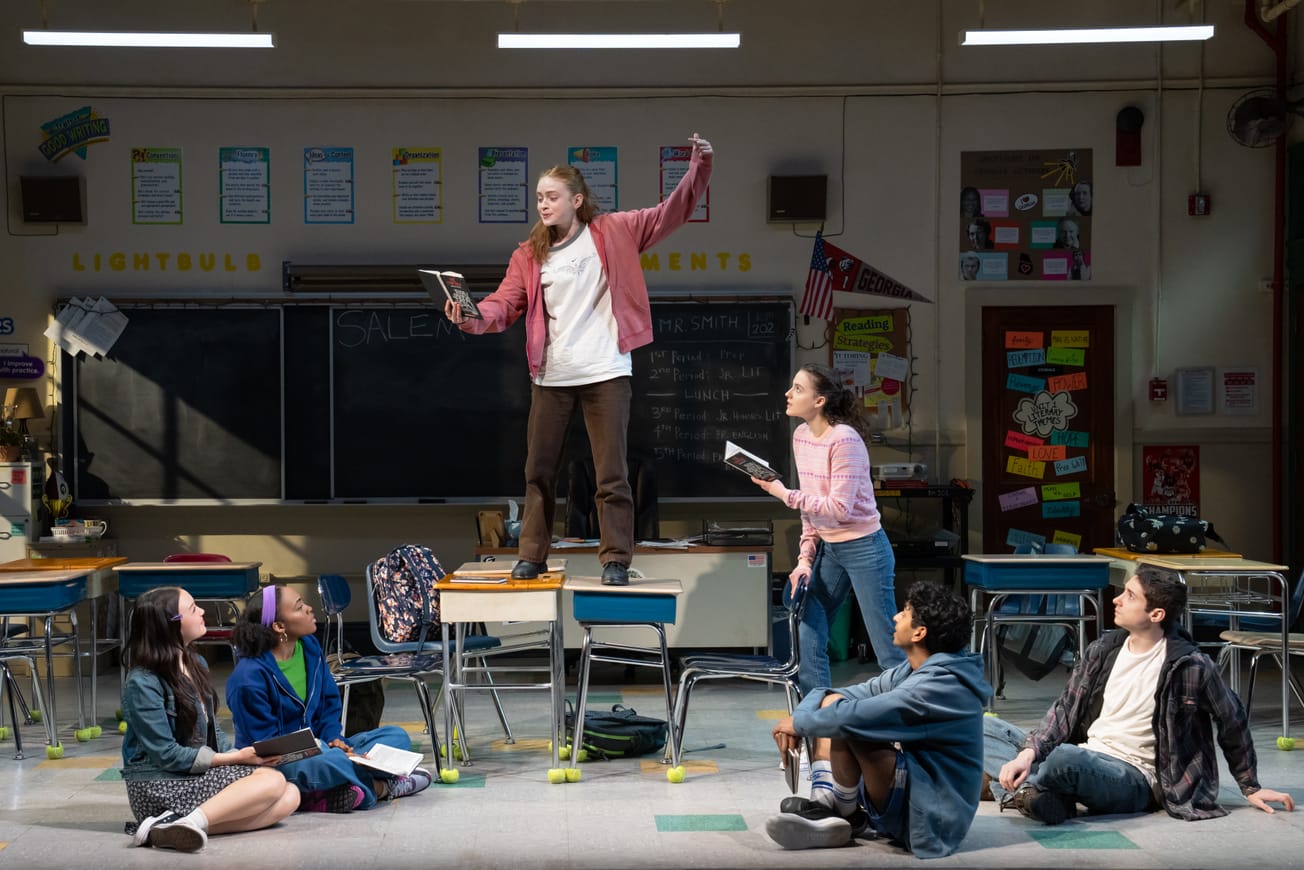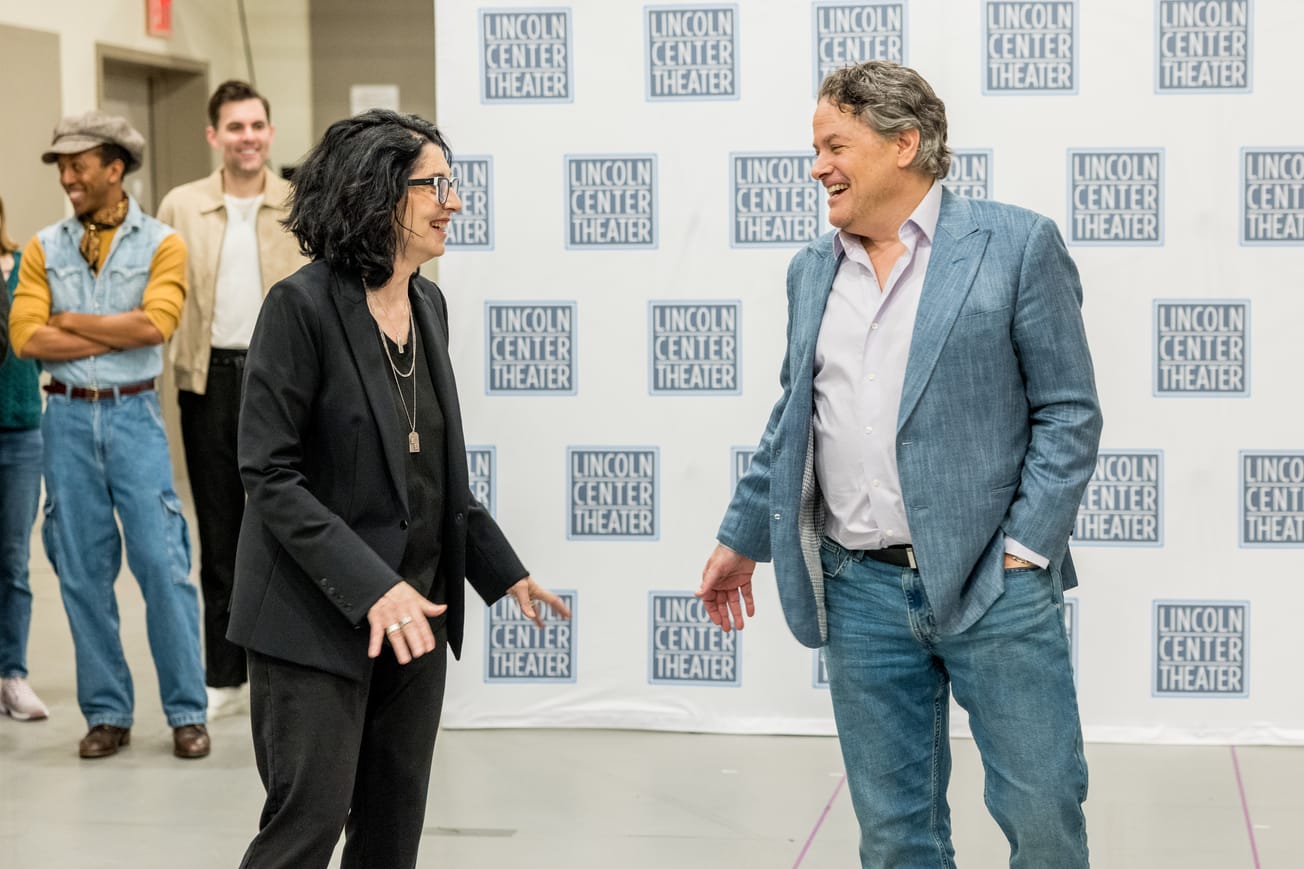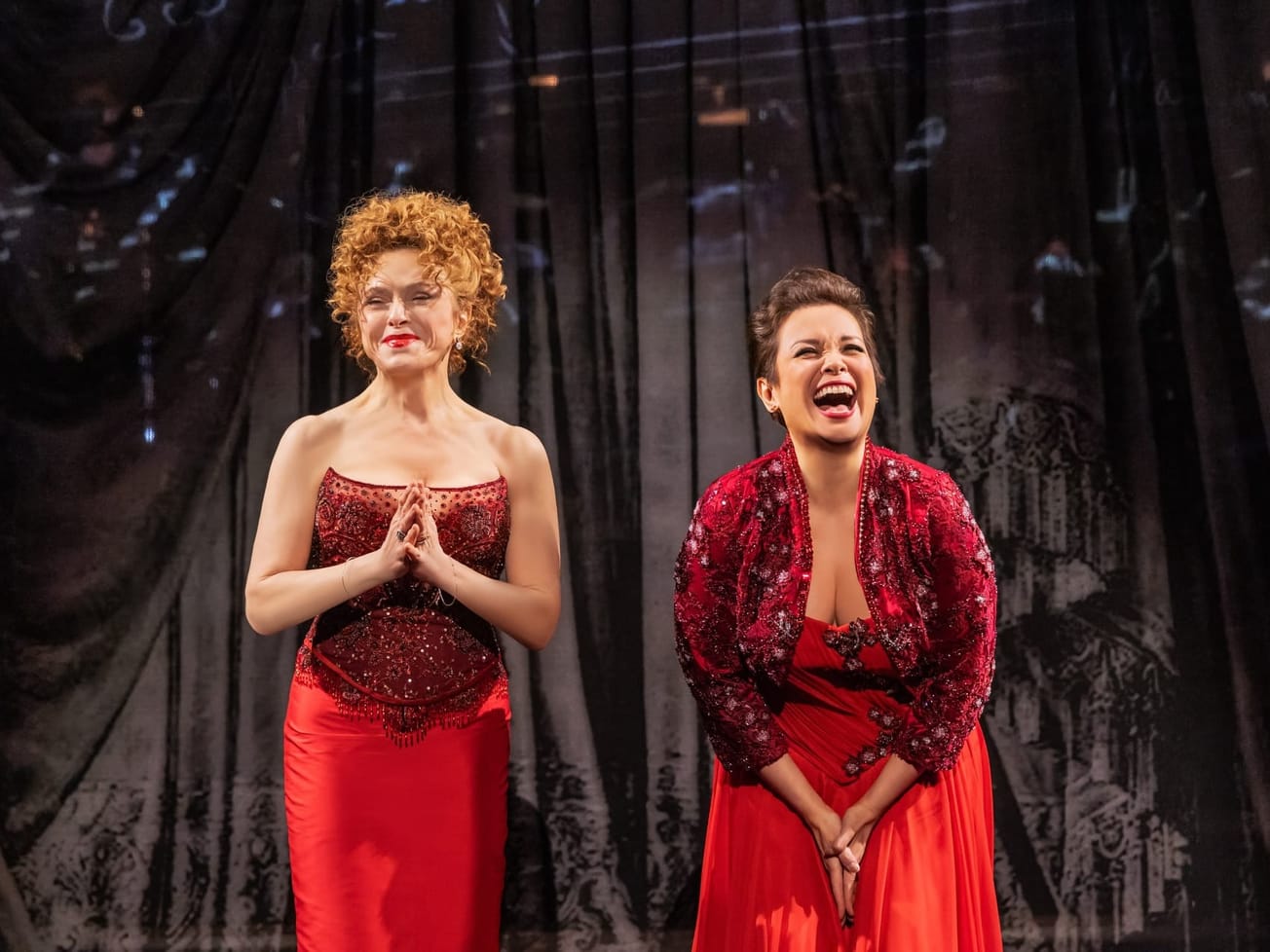Actors' Equity Association announced on Dec. 19 that its members have ratified the tentative production agreement reached between the union and The Broadway League. This renders the previously reached tentative agreement as the new contract that governs Broadway shows and sit-down productions in the U.S. produced by members of The Broadway League. The new contract will remain in effect through September 28, 2025.
Negotiations for this contract began in September 2022. Equity executive director Al Vincent Jr. served as lead negotiator for Equity. (Vincent took over the executive director position on Feb. 1.) Equity councilor Ira Mont headed the union's negotiation team, which consisted of union members from all three job categories, principal, chorus and stage manager, across all three Equity regions, eastern, central and western. Jason Laks, general counsel, executive vice president and director of labor relations for The Broadway League, served as lead negotiator for The League. Laks was supported by a negotiating team of League members.
This new production contract marks Equity's first since the 2020 shutdown and 2021 reopening of Broadway.
Equity and The Broadway League announced on Dec. 1 that the parties had reached a tentative agreement that would become the new production contract pending ratification by Equity's eligible voting members.
According to a Dec. 19 email sent to voting members and obtained by Broadway News, 1,161 of 2,748 eligible voting members cast their vote via electronic ballot, which marks 42 percent voter turnout, a historic high. Of the 1,161 members who cast their vote, 57 percent voted affirmatively (659 in favor with 502 opposed).
"This was not an easy negotiation, and, over 21 bargaining sessions, everyone on both sides of the table had to make difficult choices," Vincent said in a statement. "And this agreement also lays important foundations that we will build on in negotiations to come."
"We went into this negotiation with an ambitious package reflecting the priorities of actors and stage managers working this contract," said Equity president Kate Shindle. "While we certainly didn't achieve all of them, we did make progress: fewer 10/12s, fewer rehearsal hours after opening, significant EDI advances, paid sick leave for the entire Equity company, more stage manager pre-production, increases in some chorus increments and our highest overall salary gains in decades."
The new contract reflects 48 changes from the previous iteration. Below is a sampling of them.
Included in those changes are increased minimum salaries by 5 percent (retroactively effective on Sep. 26, 2022), 4 percent (effective Sep. 25, 2023) and 4 percent (effective Sep. 30, 2024). For example, based on the most recent contract, the minimum weekly salary for an actor, $2,323, increases to $2,439 immediately, retroactive to September.
Also included in the new agreement are changes to scheduling and time off. One new change is that the pre-production time for second assistant stage managers increases from one day to three days and includes a health-week contribution. The contract also decreases the number of "10 out of 12s" (tech rehearsals prior to the performance period in which company members work 10 hours out of 12 consecutive hours) from the previous seven allowable to now five allowable.
Coverage was a prominent feature of public discussions surrounding these negotiations. The new agreement stipulates that actors contracted as full swings will be paid an additional one-eighth of actor minimum salary for each performance in which they perform the functions of five or more individuals (aka a 5-split track). Short-term stage managers shall be paid one-sixth of the contractual salary if they are called for more than four hours of rehearsal.
The new agreement stipulates that more Equity members will have access to physical therapy beginning with rehearsal, rather than the first day in the theater, as it was previously. Also notable is a new provision to address public health crises: "With any emergent public health crisis that has the potential to disrupt the theatrical industry significantly, Equity and the League shall meet to discuss best practices in preparing for and responding to the public health crisis"¦."
Ten new and amended provisions fall under the category of inclusivity work. A new committee will be created to establish best practices for issues related to intimacy onstage and in rehearsal. The contract includes a commitment to recognizing gender identities and expressions when identifying changing facilities, restrooms and showers. Updated terminology reflects a policy of diverse hiring, rather than diverse casting, which expands inclusive hiring practices to stage managers. There will also be increased mandatory training to prevent harassment and discrimination.
Members of Equity can review the full summary of changes via the member portal.
"We are pleased that the membership of Actors' Equity ratified the new agreement, which we believe represents a significant step forward for our industry," League president Charlotte St. Martin told Broadway News in an email statement. "A key component to these changes is language that will allow us to hold everyone, including actors working on our productions, to the same standards when creating a safe and inclusive working environment for all. "¦ We were able to achieve all of these significant improvements for each side while providing a meaningful and yet responsible economic package. We look forward to the industry continuing to build together as we move into next year."
Equity and The Broadway League are now preparing for upcoming negotiations of the production touring contract and, eventually, the League of Resident Theatres (LORT) contract.


























































